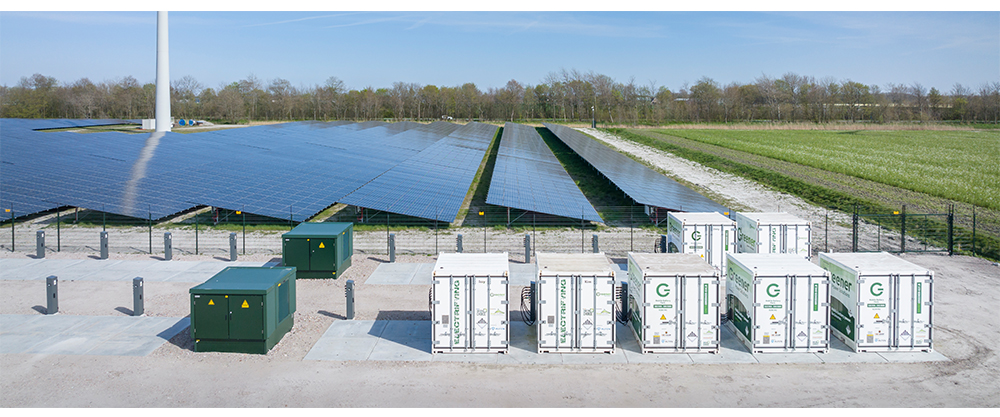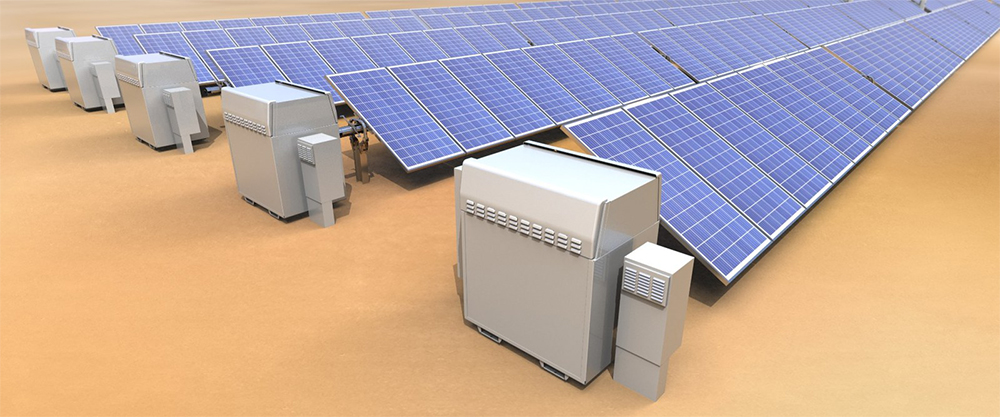Europe has been at the forefront of the global solar industry for many years now, and solar energy has received widespread adoption and promotion throughout the continent. However, solar energy storage and grid integration have always been a significant focus of attention in Europe.

Solar energy is generated during the day, when the sun shines, but it cannot be generated at night. In addition, the amount of energy generated by a solar panel is limited and is dependent on a variety of factors including the amount of sunlight, the angle of the panel, and the efficiency of the panel. This means that there is often excess energy generated by solar panels during the day that cannot be used in real-time.
To address this issue, solar energy storage systems have become increasingly important in the solar industry. Energy storage systems allow excess solar energy to be stored during the day, which can then be used at night or during low-sunlight periods. This can help to reduce the reliance on traditional energy sources and can make solar energy more accessible and reliable.
In addition to energy storage systems, the integration ofsolar energy into existing power grids is also a significant focus in Europe. Solar energy is often generated in remote or rural locations, which can make it difficult to connect to the existing power grid. The integration of solar energy into the power grid requires significant investment in infrastructure, including the installation of new transmission lines and the modification of existing power substations.

Despite these challenges, Europe has made significant progress in the integration of solar energy into the power grid, with many countries adopting policies and incentives to encourage the integration of renewable energy sources into their energy mix. These policies have helped to promote the growth of the solar industry and have helped to reduce the cost of solar energy, making it more competitive with traditional energy sources.
Overall, solar energy storage and grid integration remain significant challenges in the solar industry, but Europe has made significant progress in addressing these challenges. With continued investment and innovation in energy storage technologies and grid infrastructure, solar energy has the potential to become a major source of energy for Europe and may help to reduce the continent's reliance on traditional energy sources in the years to come.

 Xiamen TopFence Co.,Ltd.
Xiamen TopFence Co.,Ltd. No. 77, LingXia South Road, Huli District, Xiamen City, Fujian, China
No. 77, LingXia South Road, Huli District, Xiamen City, Fujian, China Tel: +8613365923720
Tel: +8613365923720
 Email: info@xmtopfence.com
Email: info@xmtopfence.com
 IPv6 network supported Sitemap
| XML
| Blog
| Privacy Policy
IPv6 network supported Sitemap
| XML
| Blog
| Privacy Policy


